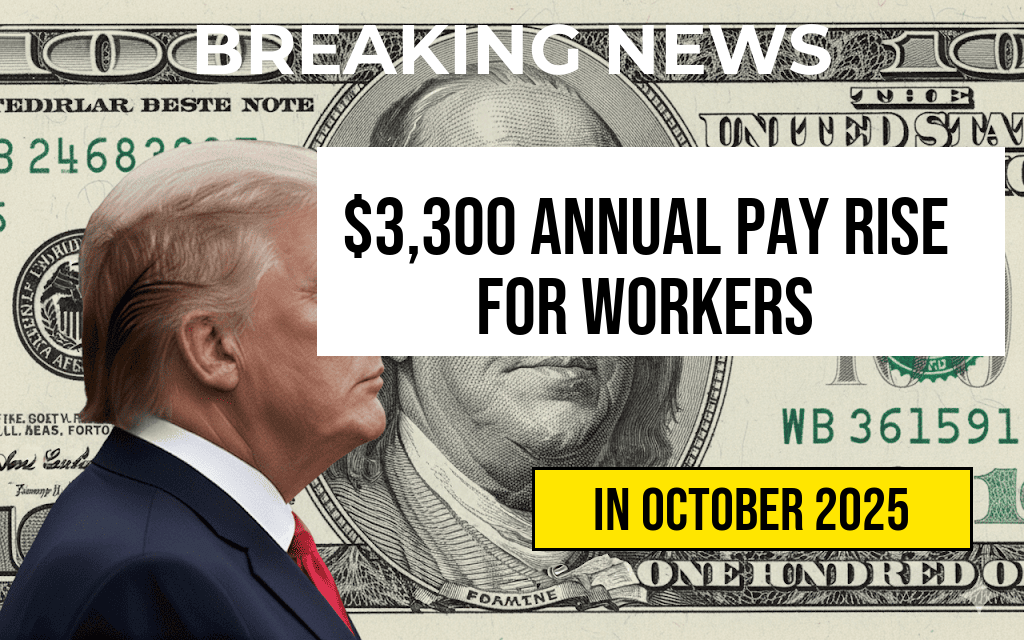A recent survey revealed that nearly two-thirds of Americans harbor a greater fear of financial ruin than death as they approach retirement. Conducted by a prominent financial services firm, the study highlights widespread anxiety surrounding personal finances and the sustainability of retirement savings. As the cost of living continues to rise and economic uncertainties loom, many individuals express concerns about depleting their savings, being unable to maintain their desired lifestyle, and the potential burden on family members. This fear seems to be reshaping how Americans view retirement, pushing them to reconsider their financial strategies and the importance of planning for a secure future.
Understanding the Survey Results
The survey, which gathered responses from over 1,000 adults aged 50 and older, uncovered critical insights into the financial mindset of pre-retirees and retirees. Among the key findings:
- 63% of respondents indicated they fear financial instability more than death.
- Approximately 57% expressed worries about being unable to afford healthcare in retirement.
- Many participants reported being unprepared for unexpected expenses, with 52% stating they lack adequate savings.
The Growing Concern Over Retirement Savings
As inflation rises and the economy fluctuates, many Americans feel the pressure to stretch their savings further. This anxiety is particularly pronounced among those who have not adequately planned for retirement, leading to a heightened sense of vulnerability. Financial experts emphasize the importance of proactive planning, noting that many individuals underestimate the costs associated with retirement living, including healthcare, housing, and daily expenses.
Healthcare Costs: A Major Concern
Healthcare expenses are a principal worry for retirees. The survey revealed that a significant portion of respondents fears that their savings will not cover medical bills. According to a report from the Kaiser Family Foundation, the average couple retiring today can expect to spend around $300,000 on healthcare throughout their retirement, underscoring the importance of planning for these costs.
Impact of Economic Uncertainty
The fluctuating economy and unpredictable job market contribute to the growing fear of financial instability. Many Americans are witnessing their savings erode due to inflation and rising interest rates, leading to a reassessment of their financial strategies. As a result, individuals are more inclined to seek financial advice and explore various retirement savings vehicles, such as 401(k)s, IRAs, and other investment accounts.
Strategies for Financial Security
To mitigate fears of financial ruin, experts recommend several strategies:
- Create a comprehensive budget: Understanding income and expenses allows for better management of resources.
- Increase retirement contributions: Maximizing contributions to retirement accounts can significantly enhance savings over time.
- Diversify investments: A diversified portfolio can help protect against market volatility and inflation.
The Role of Financial Education
Financial literacy plays a pivotal role in alleviating fears of financial instability. Many Americans report feeling overwhelmed by the complexities of retirement planning. Educational programs and resources that focus on financial literacy can empower individuals to make informed decisions about their financial futures. Organizations like the National Foundation for Credit Counseling (NFCC) offer valuable resources to help individuals understand their financial options.
Conclusion: Addressing the Fear of Financial Ruin
The fear of financial ruin is reshaping the retirement landscape for many Americans. With a significant portion of the population prioritizing financial security over other concerns, it is essential for individuals to take proactive steps in their financial planning. Through increased education, strategic planning, and seeking professional advice, Americans can work towards a more secure and confident retirement.
Frequently Asked Questions
What are the main concerns driving Americans’ fear of financial ruin in retirement?
Many Americans are increasingly worried about financial instability in retirement due to rising costs of living, inadequate savings, and uncertainty surrounding Social Security benefits.
How does the fear of financial ruin compare to the fear of death among Americans?
According to recent studies, a significant portion of the population fears financial ruin more than the prospect of death, highlighting the deep-rooted anxiety about financial security in later years.
What steps can individuals take to alleviate their fears about financial ruin in retirement?
To combat these fears, individuals can focus on creating a comprehensive retirement plan, increasing savings, investing wisely, and seeking advice from financial advisors to ensure a stable future.
Are there specific demographics more affected by the fear of financial ruin?
Yes, studies indicate that younger generations, particularly Millennials and Gen X, tend to express greater concern about financial security in retirement compared to older generations.
What role does education play in shaping perceptions about retirement financial fears?
Education plays a crucial role as individuals with higher financial literacy are often more prepared and less fearful of financial ruin, as they understand how to manage their retirement savings effectively.











